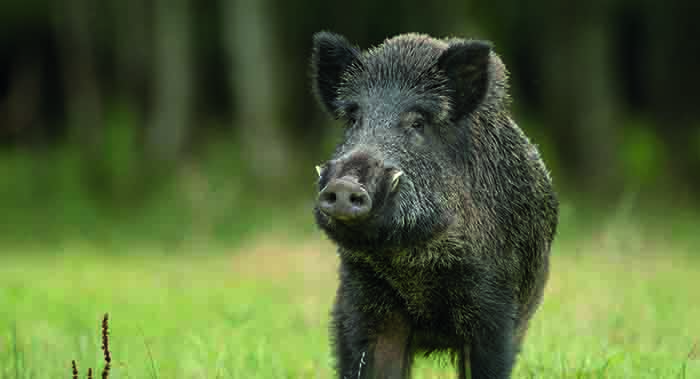A new report from the OIE outlines a historical view of country outbreaks since 2016, shows where African swine fever (ASF) is currently active and explains ways to fight this devastating transboundary animal disease.
The report shows that the global pattern of distribution of ASF between the first occurrence of the disease in Moldova in September 2016 and June 2020 reveals a serious deterioration due to the spread of the disease, mainly in Europe and Asia, after the first occurrence in China in 2018.
The escalation of the spread of African swine fever (ASF) has placed most of the world’s domestic and wild pig populations under threat, and so to support countries’ efforts to protect economies and food security, the World Organisation for Animal Health (OIE) and the Food and Agriculture Organization of the United Nations (FAO) launched a joint initiative for the Global Control of ASF.
FAO deputy director-general, Maria Helena Semedo, said “In this globalised world, where diseases can spread rapidly across borders, timely sharing of latest scientific information, international collaboration and notification of ASF are needed to prevent transboundary spread and minimise impact.”
OIE and FAO call on countries and partners to join forces against this deadly pig disease by adopting the new Initiative for the Global Control of ASF.
The joint Global Framework for the Progressive Control of Transboundary Animal Diseases (GF-TADs) developed the Global Initiative with the aim of fostering national, regional, and global partnerships, to strengthen control measures and to minimise the impact of this complex and challenging disease.
- Improve the capability of countries to control (prevent, respond, eradicate) ASF using OIE International Standards and best practices that are based on the latest science.
- Establish an effective coordination and cooperation framework for the global control of ASF.
- Facilitate business continuity ensuring safe production and trade to protect food systems.
Coordinated actions as part of the Global Initiative should take place alongside maintaining transparency regarding reporting of animal diseases and investing in strong and resilient animal health systems.
The Global Initiative aims to strengthen national Veterinary Services ability to manage risks through the development and implementation of ASF national control programmes, with public and private sectors working in partnership. Risk communication with the relevant stakeholders will be a crucial element to effectively address risk pathways and high-risk practices.
On a global scale, the sustained spread of ASF poses a threat to food security, economic and rural development. The disease represents a barrier to the agricultural sector to reach its full potential, generate employment and alleviate poverty, and acts as a disincentive to investment in the pig sector. Global control of ASF will thus contribute to achieving the United Nations Sustainable Development Goals, notably Goals 1 (No Poverty) and 2 (Zero Hunger).
The OIE Terrestrial Animal Health Code provides comprehensive guidance to veterinary authorities for establishing a country, zone and compartment free of ASF as well as recommendations relating to the trade of pork and pork products. These products, when handled in accordance with hygienic practices complying with international standards, are not a source of infection.
The OIE also encourages farmers to implement enhanced national sanitary measures on waste disposal from aircrafts/vessels/passengers and enhanced in-farm biosecurity measures. This includes the protection of pigs from untreated swill feeding and the effective separation between domestic pigs and wild boar and. It also stresses the importance of the OIE international standards for risk management of transboundary animal diseases to reduce the risk of exporting disease to trading partners.




